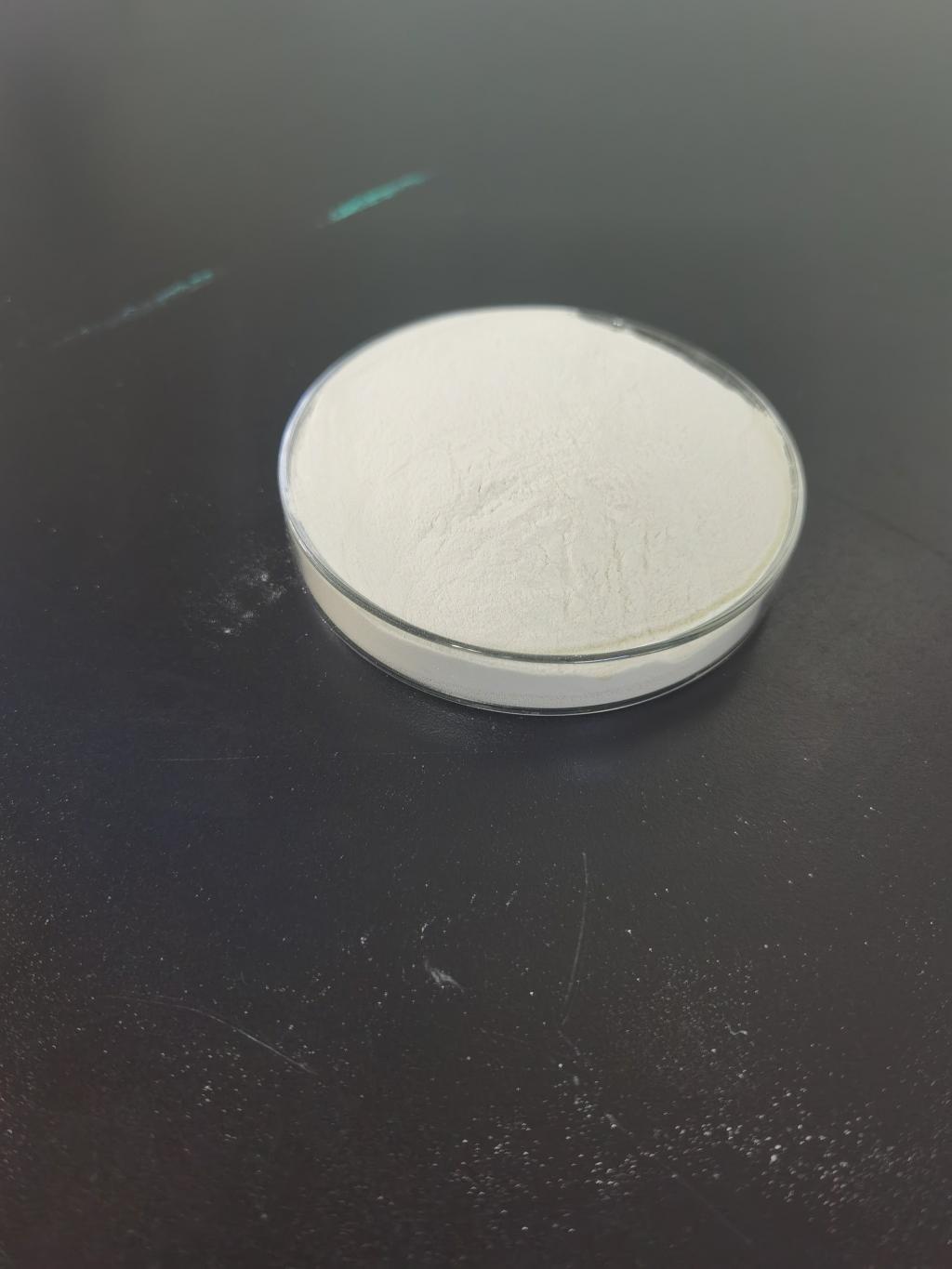Tel:+8618231198596

News
 CONTACT
CONTACT
 CONTACT
CONTACT
- Linkman:Linda Yao
- Tel: +8618231198596
- Email:linda.yao@dcpharma.cn
- Linkman:CHARLES.WANG
- Department:Overseas
- Tel: 0086 0311-85537378 0086 0311-85539701
News
Product Dropship by Factory: Nisin's Contribution to Reducing Contaminants in Food Supply.
TIME:2023-10-10
Introduction:
The safety of the food supply is of paramount importance to public health and consumer trust. Contaminants in food, including pathogenic bacteria like Salmonella and Listeria, as well as spoilage microorganisms, can lead to foodborne illnesses, economic losses, and food waste. As the global food industry strives to enhance food safety, there is growing interest in natural and sustainable approaches to control contaminants. Nisin, a natural antimicrobial peptide, has emerged as a promising tool in this endeavor.
Nisin: A Natural Antimicrobial Peptide
Nisin is a naturally occurring antimicrobial peptide produced by select strains of lactic acid bacteria, primarily Lactococcus lactis. It has a long history of safe use in the food industry and has gained regulatory approval in many countries. Nisin's antimicrobial activity stems from its ability to disrupt the integrity of bacterial cell membranes, leading to cell death. It is effective against a broad spectrum of bacteria, particularly Gram-positive species.
Mechanisms of Action:
Membrane Disruption:
Nisin binds to lipid II, a crucial cell wall precursor, and forms pores in the bacterial cell membrane. This disrupts the membrane's integrity, leading to the leakage of intracellular contents and cell death.
Bacterial Target Specificity:
Nisin exhibits a high degree of specificity for Gram-positive bacteria, sparing beneficial microbes found in many fermented foods. This selective targeting makes it a valuable tool for food preservation.
Applications of Nisin in Reducing Contaminants:
Pathogen Control:
Nisin's antimicrobial properties make it effective against a range of foodborne pathogens, including Listeria monocytogenes, Staphylococcus aureus, and Clostridium botulinum. It can be used to inhibit the growth of these pathogens in various food products, enhancing food safety.
Extended Shelf Life:
By preventing the proliferation of spoilage microorganisms, nisin helps extend the shelf life of food products. This reduction in spoilage contributes to waste reduction and improved sustainability in food supply chains.
Reduced Food Waste:
Food waste is a global challenge, with significant losses occurring due to spoilage during storage and distribution. Nisin's role in preserving the quality and safety of food products directly contributes to waste reduction.
Clean Labeling:
Consumers are increasingly seeking clean label products with fewer synthetic additives. Nisin's natural origin allows food manufacturers to meet this demand by using a clean label preservative.
Nisin's Contribution to Food Safety:
Prevention of Foodborne Illness:
Pathogenic bacteria pose a significant risk to food safety, and nisin's effectiveness against these pathogens helps prevent foodborne illnesses. Its use in ready-to-eat and processed foods reduces the likelihood of contamination.
Improved Hygiene Practices:
Nisin can be employed as a natural preservative in sanitizing agents, enhancing their efficacy in food processing facilities. This contributes to improved hygiene practices and reduced contamination risks.
Reduced Antibiotic Use:
The emergence of antibiotic-resistant pathogens is a global health concern. Nisin's use in food production can help reduce the reliance on antibiotics in agriculture, which is linked to the development of antibiotic resistance.
Nisin's Role in Sustainable Food Production:
Reduced Resource Consumption:
Extending the shelf life of food products with nisin reduces the need for frequent production and distribution, resulting in reduced resource consumption and lower environmental impact.
Sustainable Packaging:
Longer-lasting food products encourage the development of sustainable packaging materials that align with circular economy principles. This reduces the environmental footprint associated with packaging waste.
Enhanced Supply Chain Efficiency:
By preserving food quality and safety, nisin contributes to supply chain efficiency, reducing losses during transportation and storage.
Challenges and Considerations:
While nisin offers substantial benefits in reducing contaminants in the food supply, several challenges and considerations need to be addressed:
Regulatory Framework:
Regulatory approvals for nisin may vary from one country to another. Harmonizing regulations and streamlining approval processes can facilitate its broader adoption.
Consumer Acceptance:
Some consumers may have limited familiarity with nisin. Raising awareness about its natural origin and safety is essential to gain consumer trust.
Compatibility with Other Ingredients:
Formulating products with nisin may require adjustments to account for its interactions with other ingredients. Manufacturers should consider these factors during product development.
Production Capacity:
Scaling up the production of nisin to meet increased demand may pose challenges. Investment in production infrastructure may be necessary.
Conclusion:
Nisin's role in reducing contaminants in the food supply represents a significant advancement in food safety and sustainability. Its natural origin, specificity for harmful bacteria, and ability to extend shelf life make it a valuable tool for the food industry. By preventing foodborne illnesses, extending product shelf life, and reducing food waste, nisin contributes to a safer and more sustainable food supply. However, addressing regulatory, consumer, and production challenges is crucial to fully harness the benefits of nisin in improving food safety and reducing contaminants in the global food supply. With continued research and collaboration, nisin can play a pivotal role in enhancing the safety and quality of food products worldwide.
- Tel:+8618231198596
- Whatsapp:18231198596
- Chat With Skype







